🇯🇵日本語
💎 メーカーの幹部から、現地ユーザーの“伴走者”へ
李さんは日本の業務用スモークレスグリル大手で、海外事業の統括を担ってきた。中国・米国の両子会社の社長も兼務し、2017年には米国子会社の立ち上げを主導。北米・南米・欧州にクライアントを広げてきた。「スモークレスグリル」とは、焼肉の煙を天井から吊り下がっている煙突で吸い込むのではなく、グリル本体で吸煙して、床下の排煙ダクトで屋外に出す調理器のこと。店内の空気が汚されず、衣服や髪の毛が脂臭くならないので、高級店での採用が広がっている。
ところがコロナ期、親会社は米国撤退を決断。李さんは迷わず腹をくくる。「これまで育ててきたお客様を、最後まで自分の手でケアする」。
2022年5月、Smokeless Grill Corp. を創業。メーカーから独立し、業務用グリルの販売だけでなく、開業に必要な制度安全検査対応・設計・運営立ち上げまでを一貫で引き受ける体制に切り替えた。翌6月には米国子会社の仲間を招集し、既存顧客への挨拶回りから再スタートしている。
「米国は“待遇中心で人がすぐ入れ替わる”かつ“訴訟リスクが高い”市場。機器を納めて終わりでは店は開きません。
消防・衛生・建築の規定に沿った図面作成、検査官との安全基準をめぐる技術交渉、州・市当局への申請──“検査合格して開業できる”までを、現地で一貫してやり切る存在が必要でした。」
💎 「自分で焼き、自分で食べる焼肉」は外食文化の革命児
日本なら3か月で開業できる案件が、米国では審査・調整だけで1年、開業から軌道に乗せるまでさらに1年かかる。
州ごと、市ごとに防火安全条例も運用も違う。検査官は「見たことのない厨房機器」に慎重で、煙処理・防火・衛生の考え方も日本と前提がズレる。そもそも「お客様が自分で焼く」スタイルが珍しい地域では、焼き方をゼロから教えることもある。
- 技術設計:消火換気設備・電気ガス負荷・厨房や客席の動線最適化/図面情報の正誤確認
- 検査対応:UL等の安全規格適合に加えて、州・市独自の安全基準による検査承認取得/技術資料の作成・提出/弁護士連携
- 運営支援:厨房での焼肉調理の効率化、来店客への焼き方・食べ方・火傷防止を指導(想定外の実例:熱燗の徳利をグリルで温める、恋人同士がプレート上で手を握って焼き始めない)
💎 ワンチームの作法:「正確に理解し、正しく判断する」
プロジェクトには最低5名がワンチームで関与。
1.図面解析→2.リスク抽出→3.当局交渉→4.輸入・納品→5.開業運営支援
電話一本から電話発信者・物件住所・契約番号まで全員で共有し、言い間違い・誤解→訴訟のリスクを封じる。
検査当局との行き違いがあれば、安全規定に準じた技術文書を自社で作成する。技術専門家の費用はかかるが、素人の私たちが「わかったふり」して技術文書を作成提出するよりは、結果的に早く問題解決できる。その分、開業も早まるのでオーナーも助かる。
李さんの基準は Accuracy(正確性)× Rightness(状況に即した妥当な判断)。
安全規格とグリル仕様で“正しい”を立証し、検査当局と開業店側の“納得”をそろえる。
💎 高コスト・長期戦――それでも諦めない理由
米国で焼肉店を開く投資規模は最低でも約2.5億円。審査・検査の通り方は同じ州でも隣町で別世界というほどローカルルールに左右される。
それでも李さんは続ける。理由は食文化が動きつつある手応えだ。
ステーキ中心だった街で、“Yakiniku – Japanese BBQ”の言葉が一般化。ステーキハウスも「Japanese/Korean Steakhouse」を追加して、「自分で焼く」体験を提供して成功する例が増えた。
「私は“肉好き”ではありません。だからこそ数字と実情を冷静に見て、新規参入店と焼肉文化を持続可能な形に落とし込めれるんです。」
💎 人の輪が支えた“残る決断”
メーカーの米国法人撤退の渦中、「整ったら戻ります」と声をかけてくれた社員たち。
家族は当初日本帰国を望んだが、夫は日本の仕事をリモートで継続、息子さんはベイエリアの地元校へ。葛藤を越え、今は事業が安定し信頼も積み上がった。
クライアント獲得の多くは開業失敗案件からの紹介。「他社で検査・審査に1年半かかった」「政府向け技術資料が出せなかった」店が、口コミで李さんの門を叩く。
💎 学習する「場」をつくる:ニュースレターと成功事例
各都市の成功・失敗を丁寧に取材し、ニュースレターで共有。
「道一本隔てて通る/通らない」ほどのローカル差でも、標準化された検査事例の言語化によって、当局・建築士・経営者(投資家)の共通理解が作れる。
💎 From Points to Presence ──「3つの灯」で文化を広げる
李さんのビジョンは明確だ。
5年後には、北米・南米・欧州それぞれの主要都市に、2〜3店舗の繁盛・成功事例を確立する。
単なる店舗展開ではなく、「正しく設計し、正しく運営できる」成功事例の集合体をつくることが目的だ。
「1店舗の成功は“点”でしかない。
でも、点が“3つ”そろえば、線になり、やがて面になる。
面になったとき、焼肉店の成功は“一時的な流行”ではなく“普遍的な文化”になるんです。」
10年後には、これらの導入ロールモデル都市を起点に水平展開を進め、
各地域の規制当局・建築士・投資家という3つの灯が、共通の理解・合意を持てば、それが事業基盤となって動ける仕組みを整える。
一都市一店では、文化は偶然の成功で終わってしまう。
だが、“3つの灯”が同時にともれば、焼肉文化そのものが、地図上で光を放ち始める。
💎 Lighting the Unknown ― 未知に火を灯す
「誰も踏み込んでいない場所に挑み、安全制度と焼肉文化の“ちょうどいい”を探る旅。
道は長いけれど、確実に前へ進んでいます。」
李さんの半生を映画にするなら、タイトルはLighting the Unknown ― 未知に火を点ける。
李さんは、誰よりも現実的で、誰よりも理想を語る人だ。
挑戦という言葉を、格好つけずに日常の延長として話す。
彼女にとって“前に進む”とは、競うことでも、背伸びすることでもない。
ひとつの国で、ひとりの人と、誠実に向き合うことの積み重ねだ。
まだ誰も踏み込んでいない世界で、
彼女は今日も、静かに新しい道をつくっている。
【PROFILE】
李 蘭英(り・らんえい)
Smokeless Grill Corp. 代表。北米・南米・欧州で、業務用スモークレスグリル販売と焼肉レストラン開業を制度対応から運営教育まで一貫伴走。日本大手メーカーの海外統括を経て2022年に独立。「正確に理解し、正しく判断する」を信条に、現場と当局の合意形成を設計し、Yakiniku – Japanese BBQの定着を現地から推進している。
HP: https://smokeless-grill-en.com/
※ご本人の希望により写真は掲載していません。
🇺🇸英語
The Planner Who’s Cultivating “Yakiniku Culture” Across the Globe
LINDA LI | CEO, Smokeless Grill Corp.
💎 From Manufacturer Executive to Local Companion
Ms. Li served as the head of overseas business at Japan’s leading commercial smokeless-grill manufacturer.
She also held dual posts as president of both its Chinese and U.S. subsidiaries, and in 2017 spearheaded the launch of the company’s U.S. branch — expanding its client base across North and South America and Europe.
A smokeless grill is a cooking system that draws in smoke directly through the grill body, channeling it down through an underfloor duct instead of into an overhead vent.
This technology keeps indoor air clean and prevents smoke and grease odors from clinging to clothing or hair — making it popular among upscale restaurants.
When the pandemic hit, however, the parent company decided to withdraw from the U.S. market.
Li made a firm decision: “I will personally take care of the customers I’ve built relationships with.”
In May 2022, she founded Smokeless Grill Corp., fully independent from the manufacturer.
The new company doesn’t just sell equipment — it provides complete support from safety inspections and design compliance to on-site operations setup.
The following month, she gathered her former U.S. colleagues and began visiting clients one by one to restart from zero.
“In the U.S., where turnover is high and lawsuits are common, you can’t just deliver the equipment and call it a day.
You have to handle everything — safety drawings that meet fire, sanitation, and construction codes; technical discussions with inspectors; and applications to state and city authorities — until the restaurant actually opens and operates legally.”
💎 “Grill It Yourself” — A Dining Revolution
In Japan, opening a new restaurant can take just three months.
In the U.S., the same project may need a full year for permits and inspections — and another year to get operations running smoothly.
Every state and city has different fire-safety rules. Inspectors are cautious toward “unfamiliar” kitchen devices, and safety or hygiene standards don’t always align with Japanese assumptions.
In regions unfamiliar with “customers grilling their own meat,” staff even have to teach diners how to grill.
Technical Design:
Fire-suppression and ventilation systems / power and gas load / optimal kitchen & seating layout / verification of architectural drawings
Regulatory Compliance:
UL certification and local fire-safety approvals / technical documentation and submission / coordination with legal counsel
Operational Support:
Training staff for grilling efficiency, instructing customers on safe cooking and handling — and sometimes preventing unexpected incidents,
like warming sake bottles on the grill or couples holding hands over a hot plate.
💎 The One-Team Principle: “Understand Precisely, Decide Rightly”
Each project involves a minimum of five members working as one team:
1️⃣ Drawing analysis → 2️⃣ Risk identification → 3️⃣ Negotiation with authorities → 4️⃣ Import & delivery → 5️⃣ Opening support
Every phone call, address, and contract detail is shared among the team to eliminate miscommunication — a potential trigger for lawsuits.
When discrepancies arise, the team creates technical documentation based on safety standards rather than assumptions.
“Hiring technical experts may be costly, but pretending to understand and submitting flawed documents costs far more in the long run.
When we handle it correctly, issues are resolved faster — and owners can open their restaurants sooner.”
Her guiding formula: Accuracy × Rightness.
By proving “what’s correct” through safety codes and grill specifications, she aligns both regulators and restaurant owners under shared understanding.
💎 High Cost, Long Road — Yet Never Giving Up
Opening a yakiniku restaurant in the U.S. requires at least ¥250 million (≈ USD 1.6 million) in investment.
Even within the same state, approval processes can vary drastically between neighboring cities.
Still, Li presses forward — because she feels a shift in food culture.
In steak-loving towns, the word “Yakiniku – Japanese BBQ” is now becoming familiar.
Even traditional steakhouses have begun adding “Japanese/Korean Steakhouse” concepts, offering “grill-it-yourself” experiences that attract customers.
“I’m not a ‘meat lover.’ That’s exactly why I can look at the numbers and the reality objectively —
turning new entrants and the yakiniku business itself into sustainable models.”
💎 The People Who Supported Her Decision to Stay
During the turmoil of her former company’s U.S. withdrawal, some colleagues told her,
“We’ll come back when things are ready.”
Her family initially wished to return to Japan.
Yet her husband continued his Japanese work remotely, and her son enrolled in a local Bay Area school.
Through many challenges, the business stabilized — and trust grew.
Many of her current clients came through referrals from failed projects:
restaurants that “spent a year and a half stuck in inspection” or “couldn’t produce required documents for the authorities.”
Word of mouth led them to Li’s door.
💎 Creating a Learning Marketplace: Newsletters and Case Studies
Li’s team carefully documents both successes and failures across cities, sharing them through a newsletter.
Even when two restaurants on the same street face different inspection outcomes,
standardizing and verbalizing these cases helps regulators, architects, and investors develop a shared understanding.
💎 From Points to Presence — Spreading Culture Through “Three Lights”
Her vision is crystal clear.
Within five years, she aims to establish two or three thriving model restaurants in each major city across North America, South America, and Europe.
“One successful store is just a point.
Three points make a line.
And when those lines connect, they form a plane.
When it becomes a plane, yakiniku stops being a trend — and becomes a culture.”
Her ten-year plan is to scale horizontally from these model cities,
building a framework where the three lights — regulatory authorities, architects, and investors —
share common understanding and trust.
Only then can sustainable growth occur.
One store per city makes culture a coincidence;
three lights together ignite a map of enduring presence.
💎 Lighting the Unknown — Kindling Fire in Uncharted Lands
“I’m exploring uncharted territory — seeking the balance between safety standards and the spirit of yakiniku.
The road is long, but we’re steadily moving forward.”
If her life were a film, its title would be “Lighting the Unknown.”
Li is a rare combination of realism and idealism — speaking of challenge not as heroism, but as an everyday act of integrity.
For her, moving forward doesn’t mean competing or reaching higher;
it means meeting each person and each country with sincerity.
In lands where no one has yet tread,
she continues — quietly, steadfastly — to build new paths of light.
【PROFILE】
Linda Li
CEO, Smokeless Grill Corp.
Leads business operations for commercial smokeless-grill systems and yakiniku-restaurant startups across North America, South America, and Europe — providing end-to-end support from regulatory compliance to operational training.
After serving as global business director for a major Japanese manufacturer, she founded Smokeless Grill Corp. in 2022.
Guided by her principle “Understand precisely, decide rightly,” she designs consensus between field operators and regulators, advancing the local establishment of Yakiniku – Japanese BBQ culture worldwide.
HP: https://smokeless-grill-en.com/
Photo not published at the request of the interviewee.
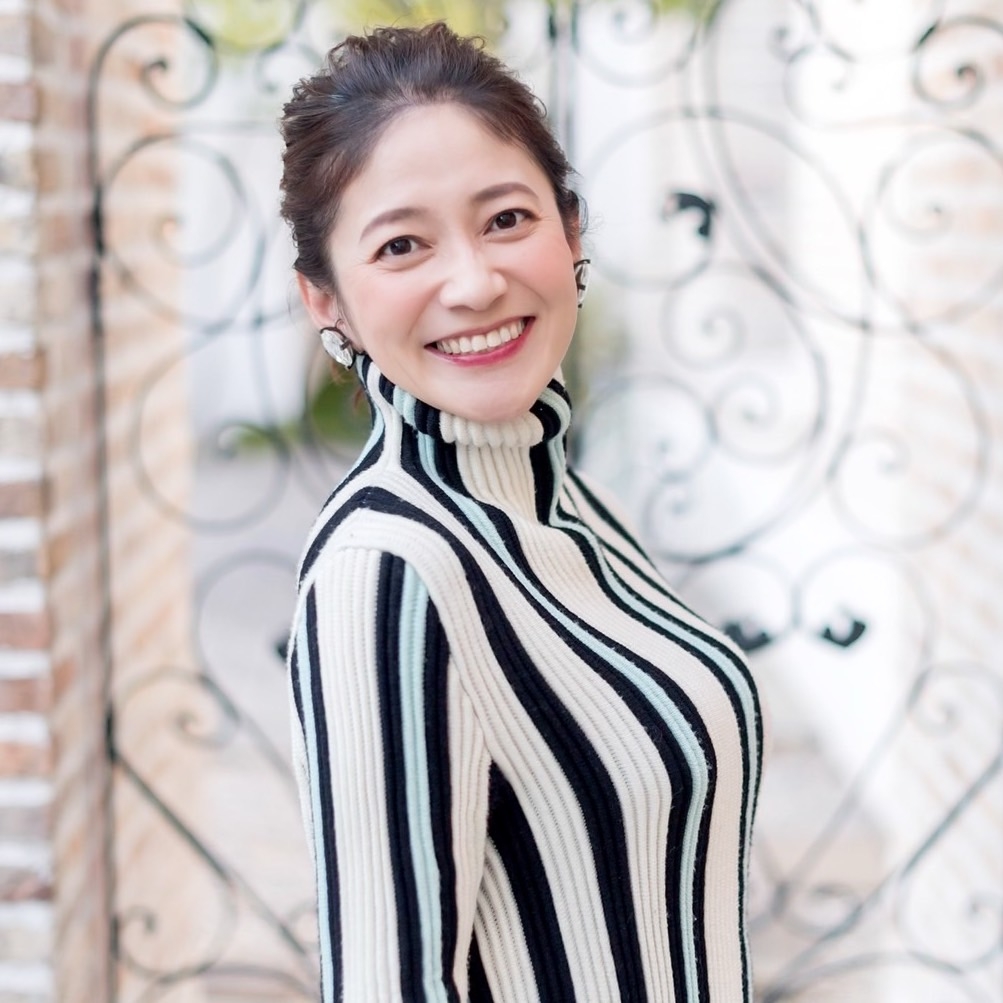
【PROFILE】
真綺(Maki)
語りの芸術家/インタビュアー/コミュニケーション・スペシャリスト
8年間“しつもん力”を教え、日本語と英語の間で人の想いを橋渡ししてきた。
これまで国内外で、経営者、アーティスト、国際的イベントの登壇者など延べ数千人と対話。
世界的な授賞式や王室叙任式のスピーチ・通訳も担当し、言葉と存在感の両面から人の魅力を引き出す。
Maki
Word Painter / Interviewer / Communication Specialist
For eight years, Maki has taught the art of asking powerful questions, bridging stories between Japanese and English.
She has engaged in thousands of conversations with business leaders, artists, and speakers at international events, both in Japan and abroad.
Her work includes speeches and interpretation for global award ceremonies and royal investitures, capturing and conveying the essence of a person through both words and presence.
経営者の存在感を、言葉とストーリーに刻む。
真綺による日英インタビューにご興味のある企業様はこちらからお問い合わせください。
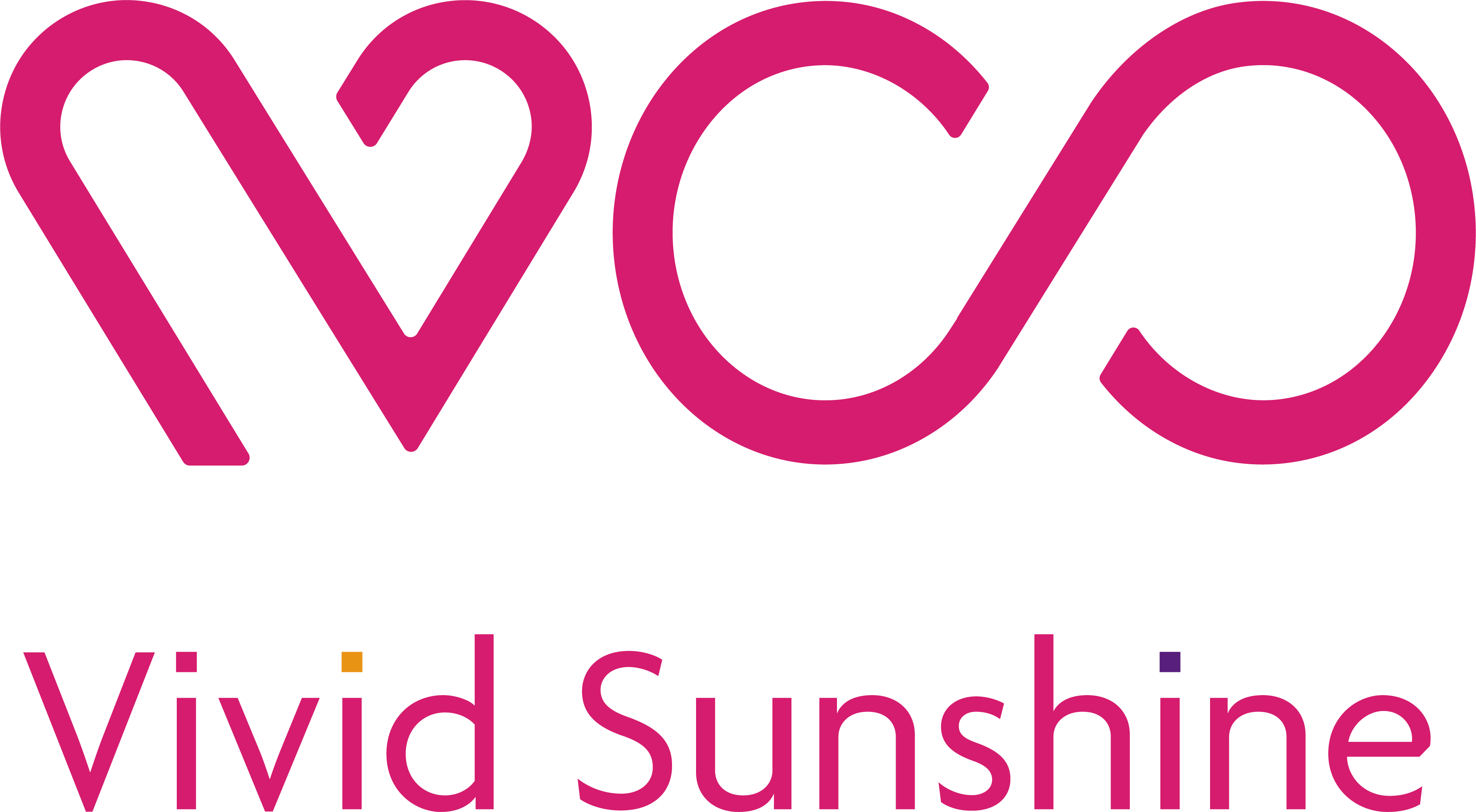

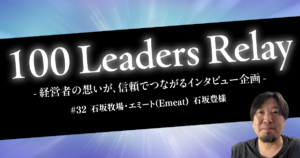
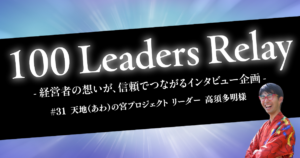
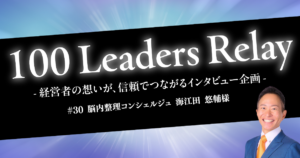
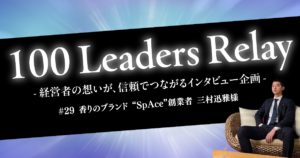
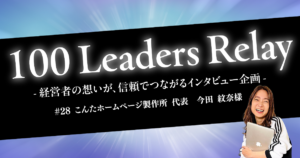



コメント